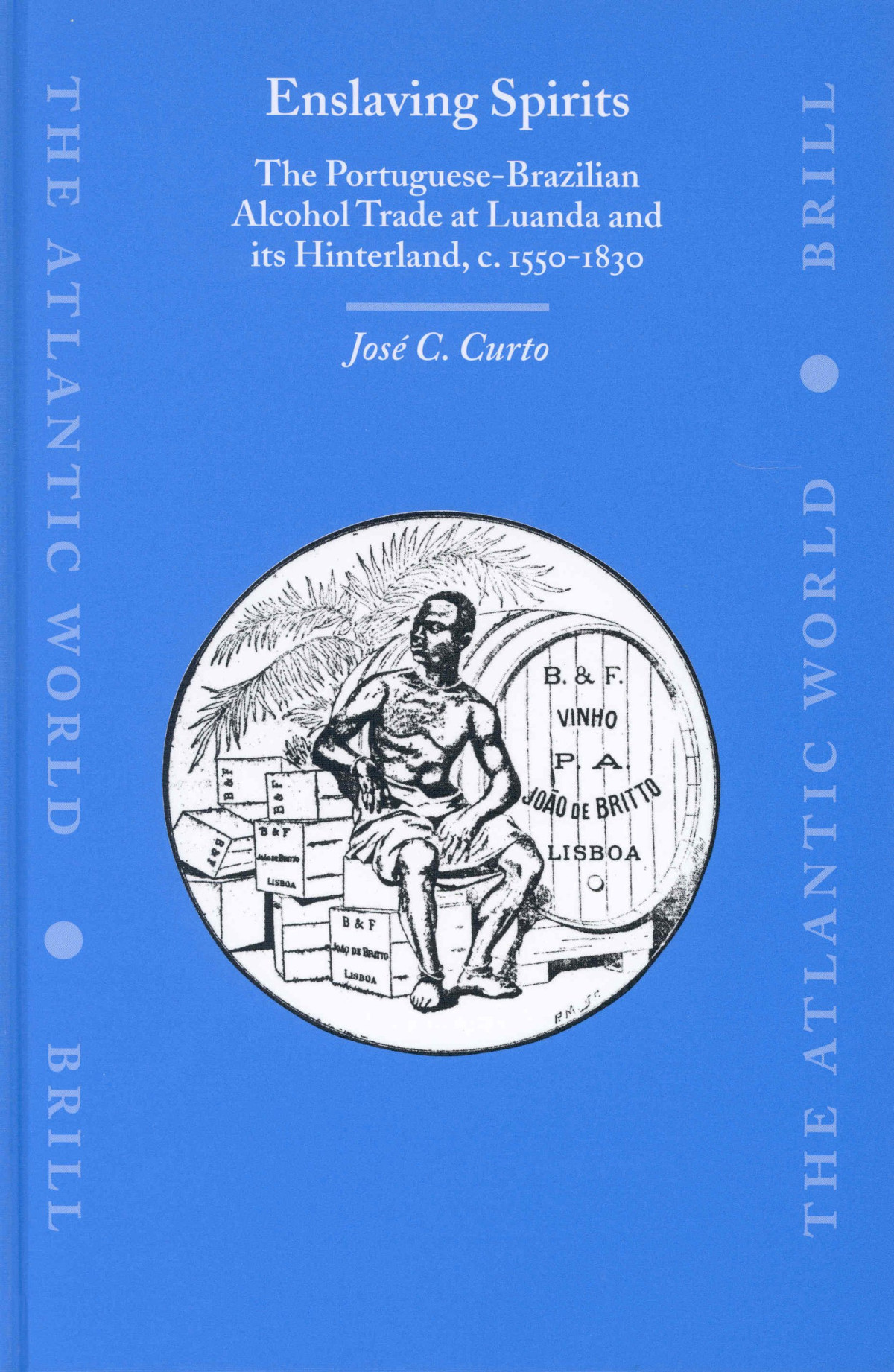Product desciption
Enslaving Spirits The Portuguesebrazilian Alcohol Trade At Luanda And Its Hinterland C 15501830 Jos C Curto by José C Curto 9789004131750, 9004131752 instant download after payment.
Consumer goods not only have a past of their own, but are also part and parcel of historical processes. In Africa, for example, cloves, kola, maize, tobacco, and salt all played significant economic, political, and social roles both in the more distant and the not too distant past. 1 These items, however, were not the only consumer goods of significance in the African past. Not a few others were of equal, possibly even greater, significance in the history of Africa. One of these was intoxicating beverages. Indeed, the history of alcohol in Africa is more than a trivial element in the economic, political, and social development of the continent. The beginning of this past, which stretches very deep in time, can not be precisely dated. 2 Nevertheless, the production and consumption of intoxicating drinks may well have begun when Africans started to shift their subsistence from hunting and gathering to agriculture. Following this transition, which took place at different times in different regions of the continent, five main groups of intoxicants were already being produced: beverages fermented from cereals, honey water, fruits and juices, and sap from various species of palm trees, as well as drinks made from milk. 3 Because these alcoholic beverages were made from items that were part and parcel of the food supply, this must have placed limits on both their production and consumption. Thus, while it is unlikely that production was carried out on a large scale, whatever amounts of alcoholic beverages existed were primarily consumed during more or less strictly defined social and religious occasions. 4 By and large, these early characteristics of intoxicants in Africa seem to have remained stable for millennia. But, with the arrival of Europeans in the continent, alcohol consumption patterns began to undergo significant changes.


